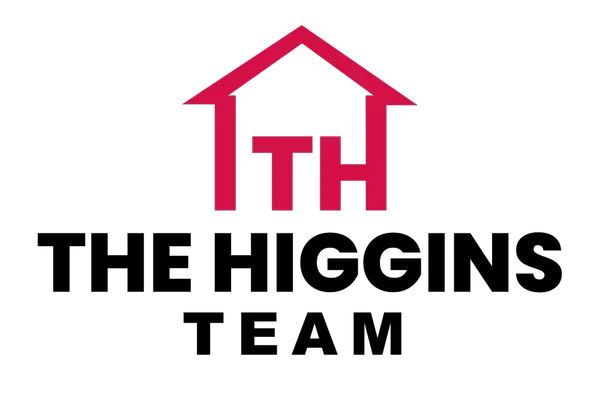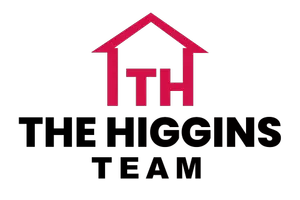

Lead Poisoning
Lead poisoning is a serious problem that can lead to adverse health problems. In children, high levels of lead can cause damage to the brain and nervous system, behavioral and learning problems, slow growth, and hearing problems. In adults, lead poisoning can cause reproductive problems, high blood
Read More

Where Does the Money Come From for Mortgage Loans?
In the olden days, when someone wanted a home loan they walked downtown to the neighborhood bank or savings & loan. If the bank had extra funds lying around and considered you a good credit risk, they would lend you the money from their own funds. It doesn’t generally work like that anymore. Most of
Read More

New Listing 421 Old Forge Crossing
New Listing 421 Old Forge Crossing, DevonClick Here to Subscribe to my YouTube Channel for More Videos About Our Community and the Local Real Estate MarketPlease do not hesitate to contact me if you have any questions about this video or the local real estate market.
Read More

105 Stayman Rd North Wales Pa
105 Stayman Rd North Wales Pa Click Here to Subscribe to my YouTube Channel for More Videos About Our Community and the Local Real Estate Market Please do not hesitate to contact me if you have any questions about this video or the local real estate market.
Read More
Categories
Recent Posts










